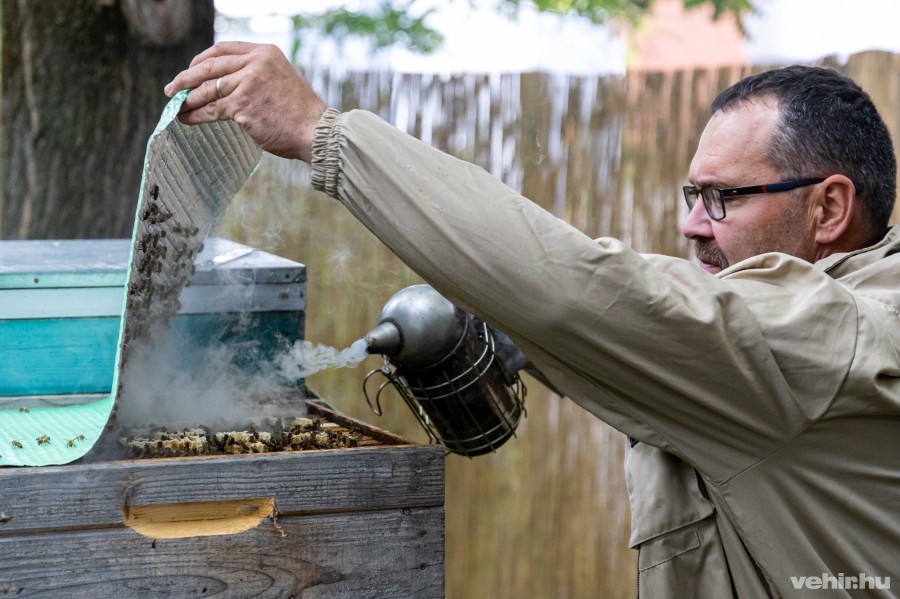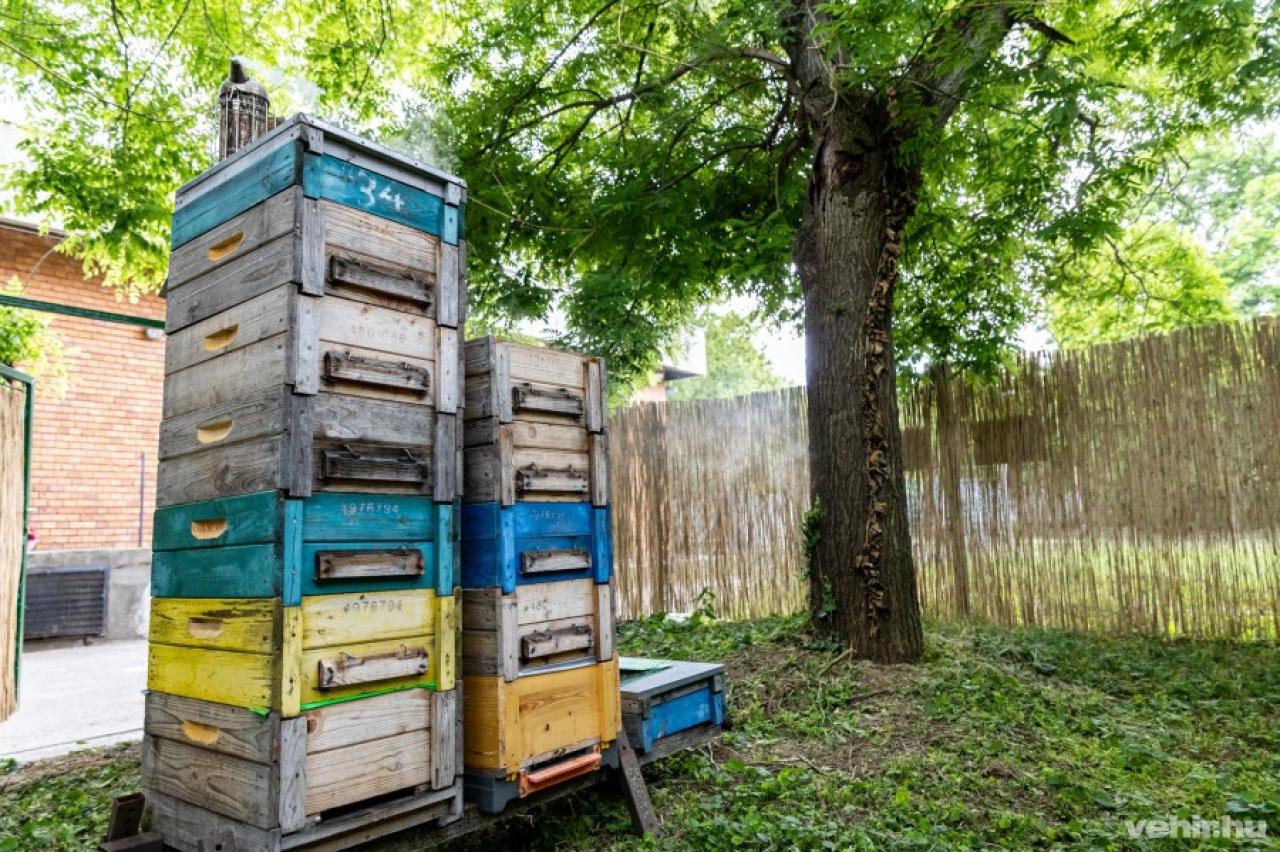Urban green spaces do more than beautify a city – they reduce pollution, buffer extreme weather, and support the well-being of residents. As Kiss Renáta, BiodiverCity project coordinator, explains:
“Our project champions biodiversity, ecosystem services, and nature-based solutions. The success of our ‘Wildflower Veszprém’ campaign, recognised as a URBACT European Good Practice, laid the groundwork for urban beekeeping here.”
The city is striving to become one of Europe’s most liveable cities by 2030. For Kovács Áron, municipal councillor for sustainability, this experiment is symbolic of broader ambitions:
“This isn’t only about honey. Pollinators are vital to our food systems. I’m proud of the working group’s dedication – their efforts are truly commendable.”
The bees were introduced in early May and are thriving in their new home. Csiza Erika, the local beekeeper overseeing the project, notes:
“We were optimistic from the start, knowing Veszprém’s potential. The bees are calm, hardworking – and right at home.”
Of course, safety remains a priority. The hives are securely placed behind a 2-metre fence and comply fully with regulations. As Erika reassures, bees are not aggressive like wasps and should simply be allowed to carry out their essential work.
Visitors will soon be able to taste the results. If all goes well, Veszprém’s own urban honey will be unveiled at the Long Table Picnic and Biodiversity Festival on 22 June – a sweet celebration of cohabitation, cooperation, and ecological vision.



